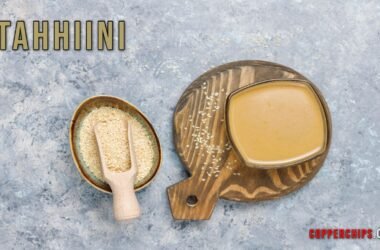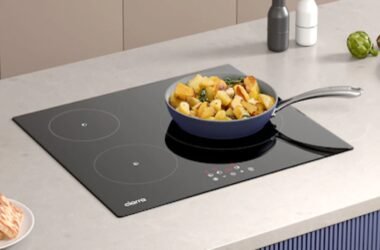It is important to know exactly how many items you will be moving into your new home or into a new apartment. Inventory list for all the things you possess is a must to do before moving, and then the decluttering helps you to save time while packing, and money for all the packing materials you might need. You also save money via decluttering when you search for help from residential moving companies Victoria, as they often provide the quotes based on the volume of items. You can start early with downsizing room by room.
Downsizing your kitchen for a move can be one of the most daunting tasks, given the sheer variety of items and their practical importance. Kitchens accumulate a lot of things, many of which may no longer be necessary. Begin at least a few weeks before your move to give yourself enough time to assess what to keep, donate, or discard.
Start with food expiration dates. Go through your pantry, fridge, and freezer, and dispose of expired or stale items. For unexpired but non-essential food, consider donating to a local food bank.
Tackle the kitchen systematically by grouping similar items together. Sort out the cookware: (pots, pans, and baking dishes), utensils (spatulas, tongs, and peelers), appliances (toasters, blenders, and slow cookers), pantry items (dry goods, spices, and canned food), tableware (plates, bowls, and glassware). When all the items are sorted by their proper categories, it is easier to see duplicates and items that may not be worth keeping. Your next actions might not be in the following order:
- You likely won’t need three sets of measuring cups or several spatulas. Keep only the best-quality or most-used version of each.
- Identify the items you use regularly and plan to keep those. A basic set of plates, utensils, and a couple of pots and pans may suffice for everyday cooking. Let go of specialty tools and appliances you rarely use, such as a waffle maker or that yogurt machine collecting dust.
- Ask yourself if each appliance is worth the space it takes up. If it’s rarely used or can be replaced by a more versatile tool (e.g., a hand blender instead of a full-size blender), consider donating or selling it.
- Special serving dishes or cookware passed down from family can be hard to let go of. Keep only those items with genuine sentimental or practical value, especially if storage space is limited in your new home.
- Large punch bowls, holiday-specific cookie cutters, or oversized serving platters may not be worth keeping if you rarely host gatherings. Consider lending or donating these to someone who will use them more often.
- If you tend to stockpile pantry items like rice, pasta, or canned goods, try to use them up before the move to reduce the number of heavy boxes. Avoid buying in bulk in the weeks leading up to your relocation.
- Pack a small box of kitchen essentials you’ll need immediately upon arrival at your new home. This could include a couple of plates, utensils, a pot, a pan, a knife, a cutting board, and basic pantry staples.
What to do next after sorting
Dispose of unusable items responsibly. Recycle broken utensils, glassware, or appliances where possible, and donate gently used items to charity. If you have high-quality cookware or appliances you no longer need, consider selling them online or at a garage sale to recoup some of their value.







